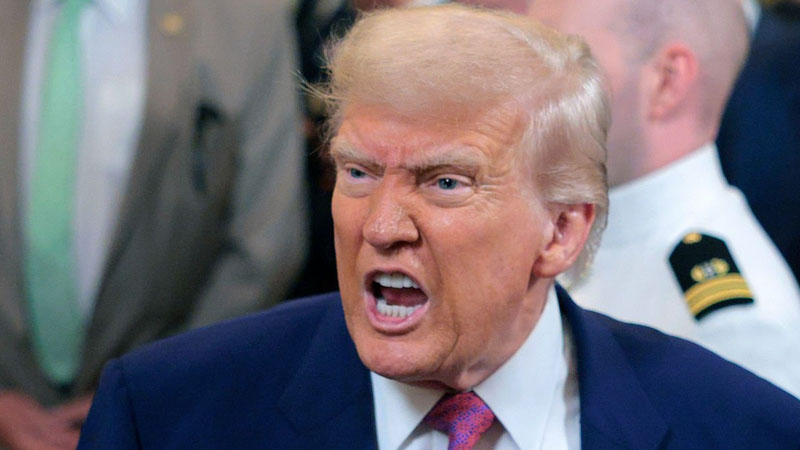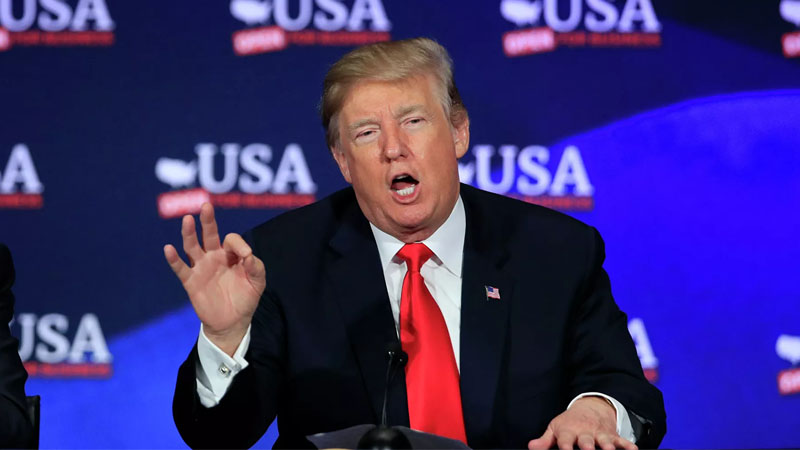President Donald Trump is turning to a select group of trusted, lower-profile advisers, rather than his top national security Cabinet members, as he considers whether to involve the United States in Israel’s military campaign against Iran, according to a report by The Washington Post.
Despite having appointed high-profile figures like Defense Secretary Pete Hegseth and Director of National Intelligence Tulsi Gabbard, Trump is reportedly sidelining them during what the Post describes as “perhaps the most momentous” foreign policy decision of his presidency.
Instead, Trump is relying heavily on what insiders are calling the “Tier One” group: Vice President JD Vance, Chairman of the Joint Chiefs of Staff Gen. Dan Caine, Secretary of State Marco Rubio, and CIA Director John Ratcliffe. These aides, while less visible in the media, bring deep institutional experience and are said to be influencing the president’s thinking on whether to join the escalating military conflict in the Middle East.
A Pentagon spokesperson rejected claims that Hegseth has been marginalized, labeling the assertions as “completely false.” However, multiple U.S. officials confirmed to The Post that the president is receiving briefings directly from senior military commanders, bypassing the defense secretary altogether.

“The generals are Caine, the Joint Chiefs chairman; and Army Gen. Michael ‘Erik’ Kurilla, commander of U.S. Central Command, which has operational authority for the Middle East,” the report stated. “Nobody is talking to Hegseth,” one official told The Post. “There is no operational interface between Hegseth and the White House at all.”
Similarly, Tulsi Gabbard’s role in the administration has come under scrutiny. While her team insists she remains actively engaged in advising the president, internal reports suggest Trump “has soured on Gabbard in recent months,” further calling into question her influence on current policy decisions.
According to The Washington Post, Trump’s approach reflects his preference for gut-driven decision-making and a tightly controlled advisory circle. That tendency has become more pronounced after Trump dismissed much of the National Security Council’s professional staff last month. The NSC is traditionally responsible for coordinating national security strategies and presenting the president with informed options during international crises.
As tensions with Iran and Israel continue to escalate, Trump’s selective consultation process marks a stark departure from the more institutional approach taken by past administrations. With the stakes at an all-time high, questions remain about how these internal dynamics will shape the United States’ next move on the global stage.

